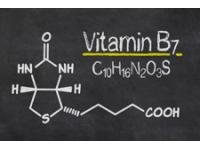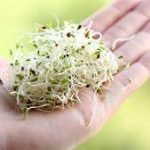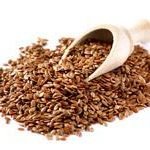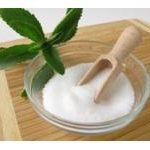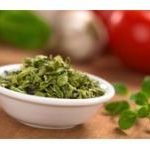Biotin is a water-soluble vitamin known as vitamin H or B7. Biotin is considered part of the B complex group of vitamins, which help the body convert food into fuel. Biotin’s main functions in the body include metabolizing carbohydrates, fats, and amino acids, as well as regulating DNA formation.
Like most vitamins and minerals, the benefits of biotin exceed its primary purpose. It’s most commonly used as a supplement for increasing nail and hair strength. Studies have shown that supplementing with biotin can increase nail thickness and decrease splitting. Respondents in one study reported a 91% nail strength improvement.
Biotin may also play a role in treating both type 1 and type 2 diabetes. Some studies have shown that supplementing with biotin and chromium may improve blood sugar control. It has also shown some promising results in animal studies, where it was able to stimulate the secretion of insulin from the pancreas and subsequently lower blood glucose.
Other reported benefits of biotin include helping with symptoms of peripheral neuropathy that can result from kidney failure or diabetes and helping restore taste in people who have lost their sense of taste. Other issues that biotin are claimed to help treat include cradle cap, hepatitis, hair loss, and depression, though it’s worth noting that these claims have not been properly tested.
Since biotin plays a critical role in helping produce energy in the body, it’s nice to know that biotin deficiency is not as common as other vitamin deficiencies. However, biotin deficiency has been seen in pregnant women, infants whose mother’s milk contained minimal biotin, and those with inflammatory bowel disease such as Crohn’s disease or ulcerative colitis who can’t absorb nutrients as easily.
For most, the average adult needs 30 micrograms of biotin per day. Luckily, biotin can be widely available from natural, unprocessed food sources. These food sources include cooked eggs, cooked liver, cooked salmon, whole wheat breads, avocados, nuts, legumes, raspberries, bananas and cauliflower. This means that most people reach the RDI through normal diet. But keep in mind that many of the people in the different studies who reported benefits from supplementing with biotin were also eating normal diets. In other words, there is some question as to whether the RDI is actually high enough. At lower doses, biotin appears to function as a vitamin; but at higher doses, it appears to function as an antioxidant. This is why you’ll find biotin as an ingredient in Jon Barron’s Ultimate Antioxidant formula.
Learn more about other natural antioxidants.

